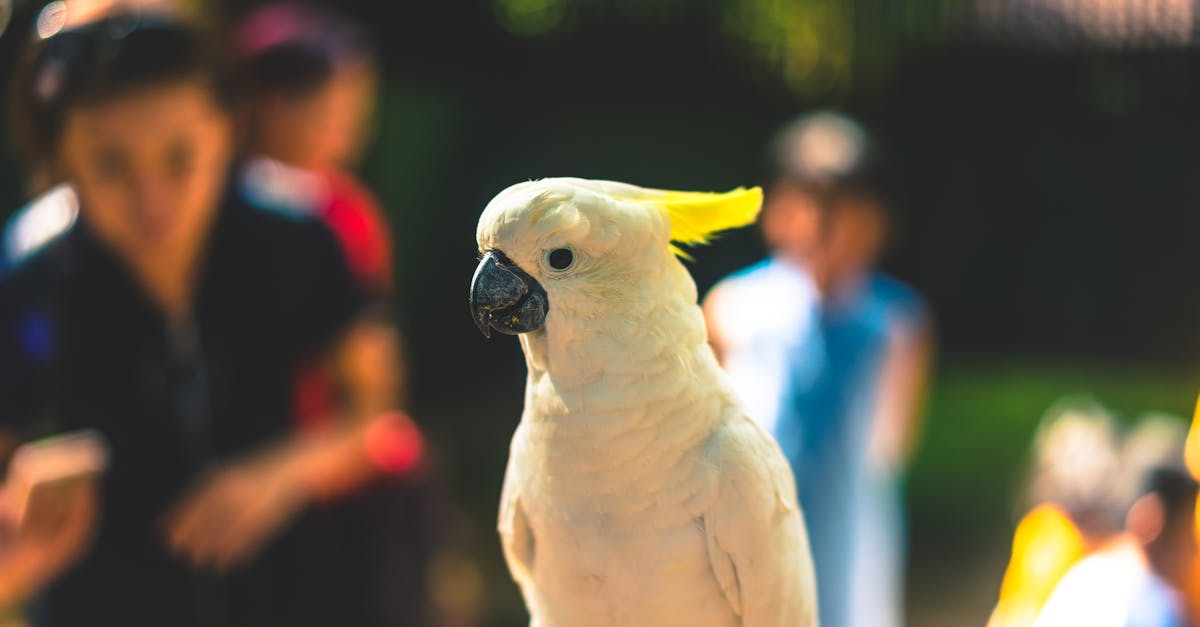
Introducing Aalborg Zoo’s Unique Animal Donation Initiative
Aalborg Zoo in Denmark has recently launched a distinctive program inviting the public to donate their smaller pets, such as guinea pigs, rabbits, and chickens. This initiative aims to provide a natural and ethical food source for the zoo’s carnivorous animals, reflecting a commitment to replicating the natural food chain within the zoo environment. The program has sparked public interest, focusing attention on animal welfare, dietary authenticity, and community involvement in conservation efforts.
Bridging Natural Diets and Animal Welfare at Aalborg Zoo
Aalborg Zoo emphasizes the importance of authenticity in the diet of its carnivorous species, which include big cats and other predators. Unlike traditional zoos that might use commercially prepared meats, Aalborg Zoo’s approach is to maintain the integrity of the natural food chain by feeding animals meat from creatures they would naturally hunt in the wild. This includes small animals such as chickens, rabbits, and guinea pigs that the zoo welcomes as donations.
Donation of these pets serves two essential purposes: it helps avoid the industrial mass production of predator food and reduces waste by providing an ethical outlet for unwanted pets. The zoo staff ensures that all donated animals are humanely euthanized to minimize suffering before being processed into meals suitable for the predators. This practice aligns with the zoo’s declared responsibility toward professional integrity and animal welfare. Importantly, the animals donated must be healthy and have not been treated for illnesses in the prior 30 days, ensuring the safety of the carnivorous animals.
In an unusual extension of the program, Aalborg Zoo even accepts horses for carnivore food, provided they have valid horse passports, demonstrating the scope and seriousness of the initiative. Donations come with the added benefit of a possible tax deduction for residents, encouraging responsible pet relinquishment over abandonment or neglect.
The Community’s Role and Ethical Implications
By involving the community directly, Aalborg Zoo creates a unique relationship between local residents and the conservation mission. This program challenges common perceptions about pet ownership and animal feeding practices while promoting transparency in zoo operations.
However, the initiative has also prompted debates about ethics and emotions surrounding pet donations for feeding predators. While the zoo highlights the naturalistic and welfare-centered rationale behind the program, public discussions emphasize the delicate balance zoos must maintain between their educational and conservation goals and sensitivity toward public sentiments about animals.
This initiative is a bold example of how modern zoos are exploring innovative, sustainable ways to manage animal diets while educating the public on the realities of wildlife food chains and ethical animal care.
Summary and Final Thoughts
Aalborg Zoo’s recent appeal for pet donations marks a noteworthy attempt to harmonize natural feeding habits with ethical animal welfare in captivity. By integrating community participation and emphasizing humane treatment, the zoo seeks to uphold professional integrity and ecological authenticity. Though unconventional, this initiative spotlights the complexities and responsibilities of managing carnivore diets in zoos today. Aalborg Zoo’s program provides insight into modern zoological practices that prioritize health, sustainability, and education, while also encouraging thoughtful public discourse on animal welfare and conservation efforts.